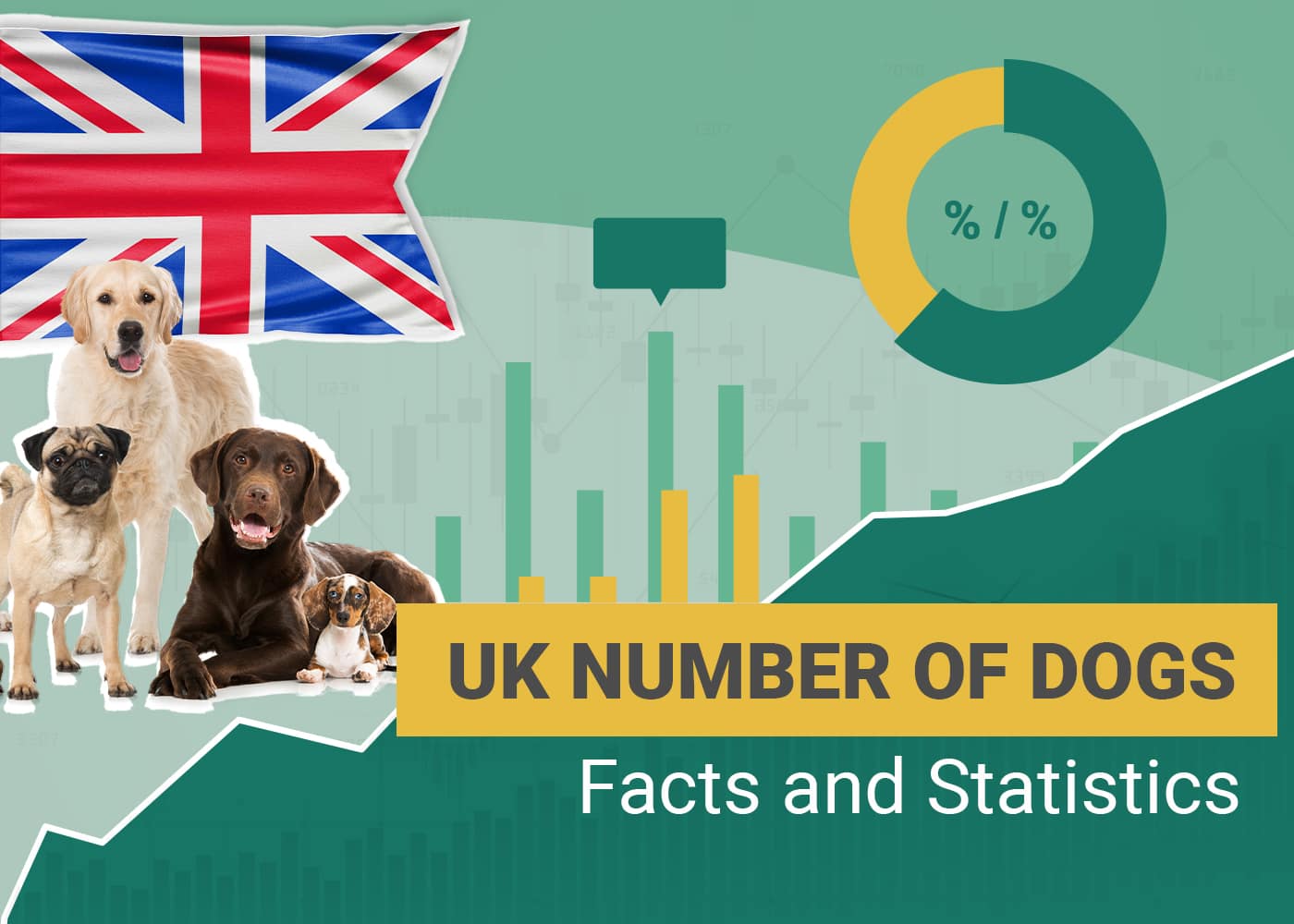In this article
Note: This article’s statistics come from third-party sources and do not represent the opinions of this website.
In the United Kingdom, there are around 13 million dogs of every shape and size in happy homes all over the country. When you walk down any British street you will see pups of every variety. Their number has been increasing in recent years, with more people than ever before choosing to own a dog. There are many different reasons why people might choose to own a dog—as a companion or as a form of protection.
Whatever the reason, it is clear that dogs make great pets. If you have any questions about dogs in the UK or would like to learn something new, then please enjoy these interesting facts.

Top 13 Statistics on the Number of Dogs in the UK
- Around 12 million dogs live in UK households.
- All UK dog owners said their dogs provide companionship or happiness.
- Dogs are the most common reason for RSPCA calls.
- Labrador Retrievers are the most popular dog in the UK.
- It is estimated that keeping a dog in the UK costs 1,875 GBP per year.
- Boarding costs are the single biggest annual expense for most dogs in the UK.
- Pet insurance is the second largest expense.
- Relinquishments by Generation Z and Millennials made up 71%.
- A dog’s lifetime cost ranges from £4,600 to £30,800.
- The cost of supplies for a new dog is between £370 and £425.
- Dogs cost between £50 and £80 per month.
- London is the only place in the UK where cats are more popular.
- The pet food, products, and services market is worth around £7.2 billion.


1. Around 12 million dogs live in UK households
(Statista)
Approximately 33% of UK households own a dog, making them the most popular pet, ahead of cats at 12 million or 27%. There is no exact way to determine how many dogs there are in the UK, but it is clear that their numbers are on the rise. Companions and supporters, dogs play a key role in many families.

2. All UK dog owners said their dogs provide companionship or happiness.
(Braemar Finance)
In a 2020 survey, most dog owners cited their reasons for owning a dog as improving their happiness or providing companionship. According to respondents, 51% of respondents say their dogs make them happy; 47% say they provide love and affection, and 35% say they provide companionship. It appears that dogs play an important role in the lives of UK citizens.
3. Dogs are the most common reason for RSPCA calls.
(RSPCA)
In 2020, the RSPCA cruelty line received more than one million calls, or one call every 30 seconds. With more than 50,000 calls to the RSPCA, dogs had the highest number of incidents reported. Due to the fact that dogs are the most popular pets in the United Kingdom, this is not surprising. It can sometimes be challenging for owners to provide the attention and care their dogs require. This leads to dogs being abandoned or mistreated, which is where the RSPCA comes in.
4. Labrador Retrievers are the most popular dog in the UK.
(Statista)
The Labrador Retriever was the most popular breed in the UK in 2020 with around 40,000 registrations. Families choose this breed because they are friendly, intelligent, and good with children. Besides being wonderful pets, labs are versatile working dogs.
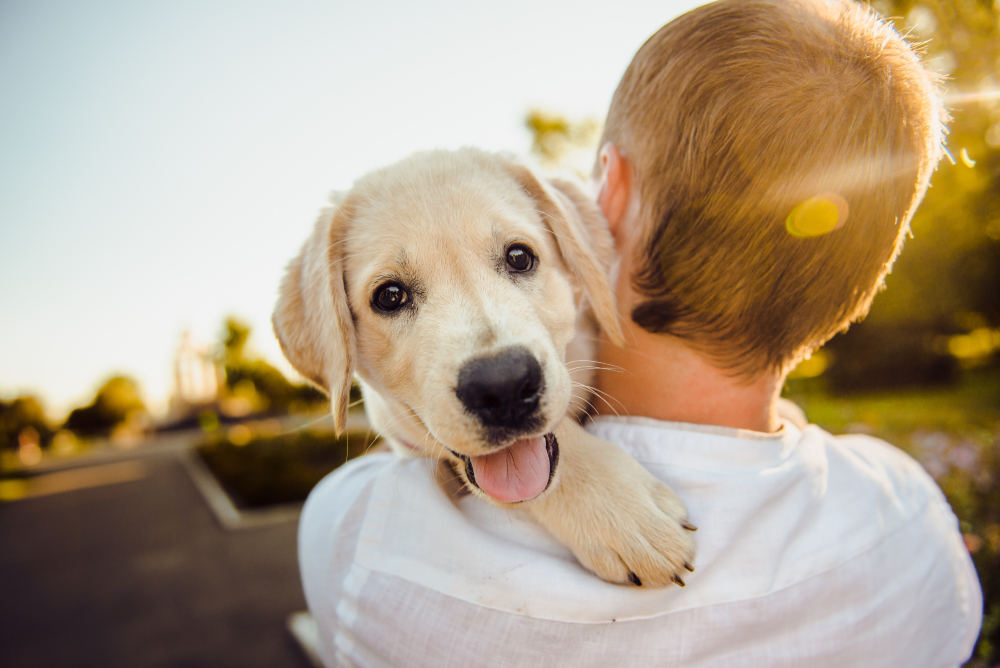
5. It is estimated that keeping a dog in the UK costs 1,875 GBP per year.
(Statista)
It is anticipated that this number will increase in the future as food, medical care, and other dog-related expenses continue to rise. Dog ownership can be expensive, but many people find that the companionship and love they receive from their pets are worth it.
6. Boarding costs are the single biggest annual expense for most dogs in the UK.
(Statista)
Pet dog owners spend approximately 450 GBP per year on boarding for 2 weeks. Even though boarding costs vary based on the location and type of kennel, it is evident that pet owners are willing to spend a significant amount of money to ensure their animals have a comfortable place to stay.
7. Pet insurance is the second largest expense.
(Statista)
In 2022, pet insurance will cost households with dogs an estimated 330 GBP per year. Although this may seem like a lot of money, veterinary bills can be quite expensive. If you want to make sure your furry friends are cared for in the event that they become ill or injured, pet insurance might be a good investment.
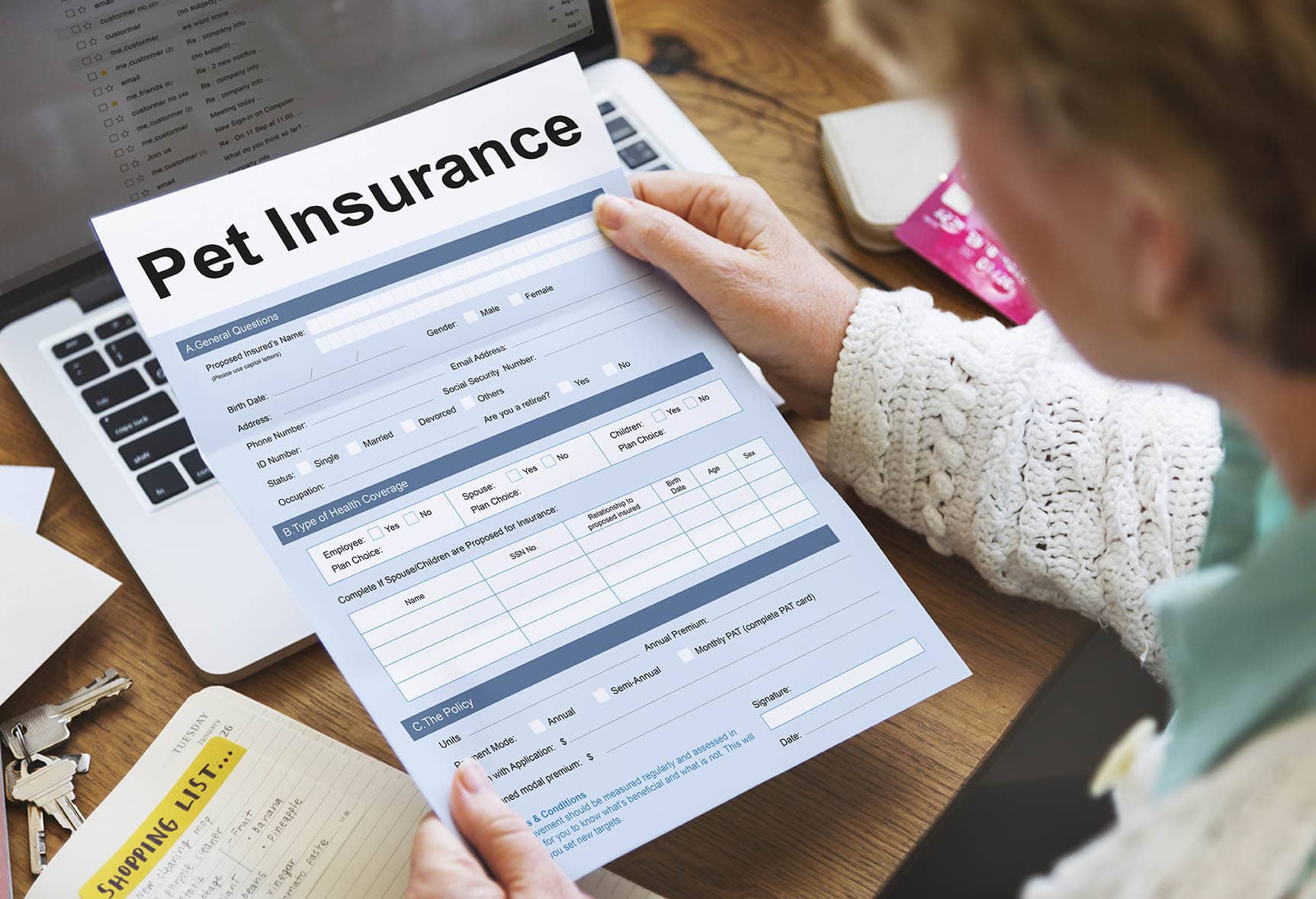
8. Relinquishments by Generation Z and Millennials made up 71%.
(PFMA)
71% of all relinquishments (2.1 million households) are from this demographic. This may indicate that younger generations are facing more economic pressure or have a different attitude towards dog ownership than previous generations. Understanding this trend is crucial to reversing it and reducing the number of abandoned dogs.
9. A dog’s lifetime cost ranges from £4,600 to £30,800.
(PDSA)
In this estimate, food, medical expenses, toys, and other items necessary to properly care for a dog are taken into account. Depending on the size, breed, health, and location of the pet, dog ownership costs can vary greatly.
10. The cost of supplies for a new dog is between £370 and £425.
(PDSA)
Supplies for a new dog may include food, water dishes, kennels, bedding, toys, and leashes and collars. A dog’s size is factored into the price range but does not include the cost of buying or rehoming the dog.
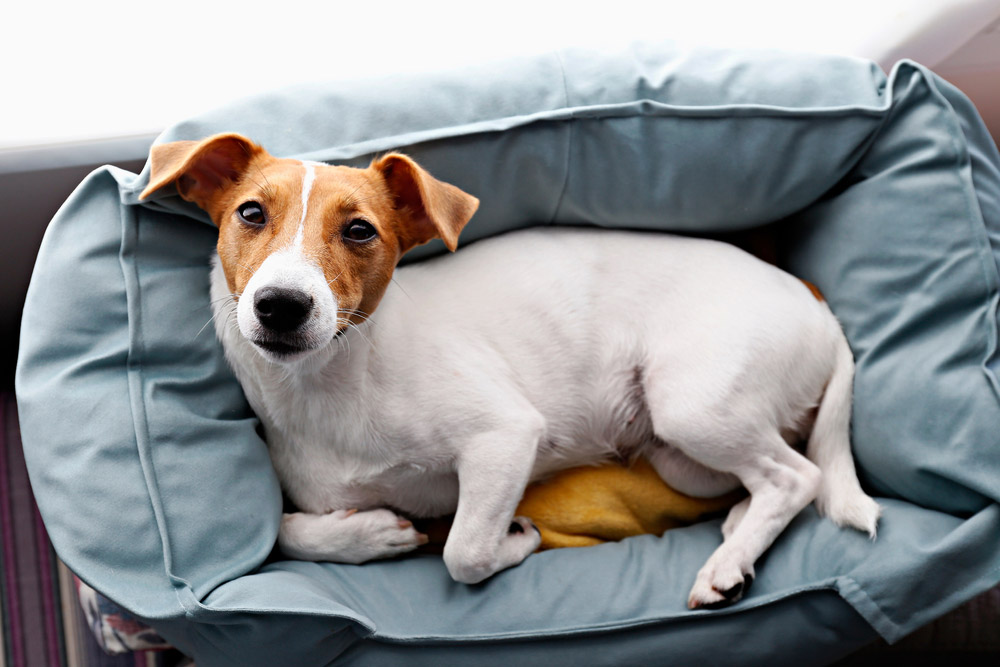
11. Dogs cost between £50 and £80 per month.
(PDSA)
Costs include yearly health checks and booster vaccinations, regular flea and worm treatments, food, poo bags, and toothpaste. Several factors contribute to this variation, such as the type of dog, the size of the dog, the age of the dog, and whether it is spayed or neutered. Generally, smaller dogs cost less to maintain than larger ones, while puppies cost more to maintain than adults.
12. London is the only place in the UK where cats are more popular.
(Petplan)
In the UK, only one region had more cats than dogs, and that was London. In cities, cats are becoming more popular as pets due to their lower cost and lower maintenance needs than dogs. There are many possible explanations for this trend, but one is that cats are more affordable and easier to maintain than dogs. The trend toward smaller homes and apartments may also be related to the fact that cats are more easily accommodated than dogs in smaller homes.
13. The pet food, products, and services market is worth around £7.2 billion.
(Statista)
Increasing pet ownership in the UK led to high demand for pet supplies and pet-related products and services, including pet food, dog walking, pet sitting, and grooming. The total spent in the UK reached £7 billion in 2023, compared to £2.9 billion in 2005.
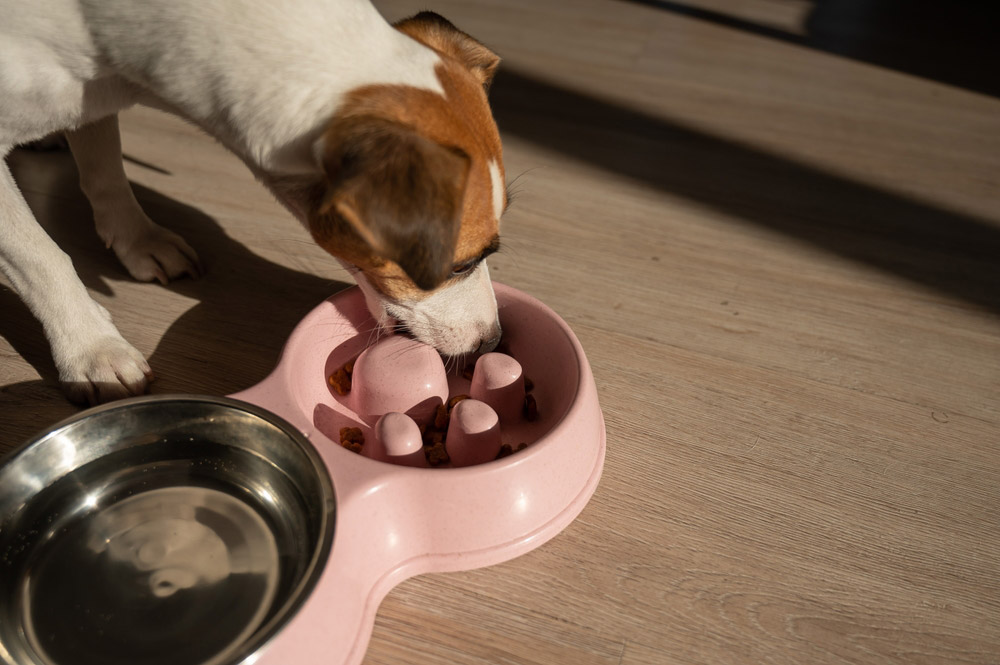

Frequently Asked Questions (FAQ)
What is the rarest dog in the UK?
Otterhounds were once a popular breed with medieval royalty and hunters, however, nowadays, it’s one of the rarest breeds in the UK. Otterhound numbers worldwide are only in the hundreds. (BBC Countryfile)
What is the most expensive dog in the UK?
The most expensive dog breed in the UK, and many places around the world, is the Tibetan Mastiff, costing an average of over £31,000 over their 13-year life span. They are also one of the most expensive puppies to purchase, costing an average of over £2,000. (Bracknell News)
Which area of the UK has the most dogs?
With one dog per every three people, the city of Swindon in the county of Wiltshire is the UK’s dog capital. The city is packed with pet-friendly cafes, pubs, and accommodations, which reflect its commitment to a welcoming environment for pets and their owners. (Express)

Conclusion
There are approximately 13 million dogs living in homes around the UK, which proves that dogs are a popular pet in the UK. As a result of the pandemic, more UK households adopted pets, especially dogs, making the UK the second-highest dog-owning nation in Europe. Besides providing companionship, dogs can reduce stress levels and improve the mental health of their owners. With the right preparation, owning a dog can be a rewarding experience for both the owner and the dog.
Featured Image Credit: Aneta Jungerova, Shutterstock
